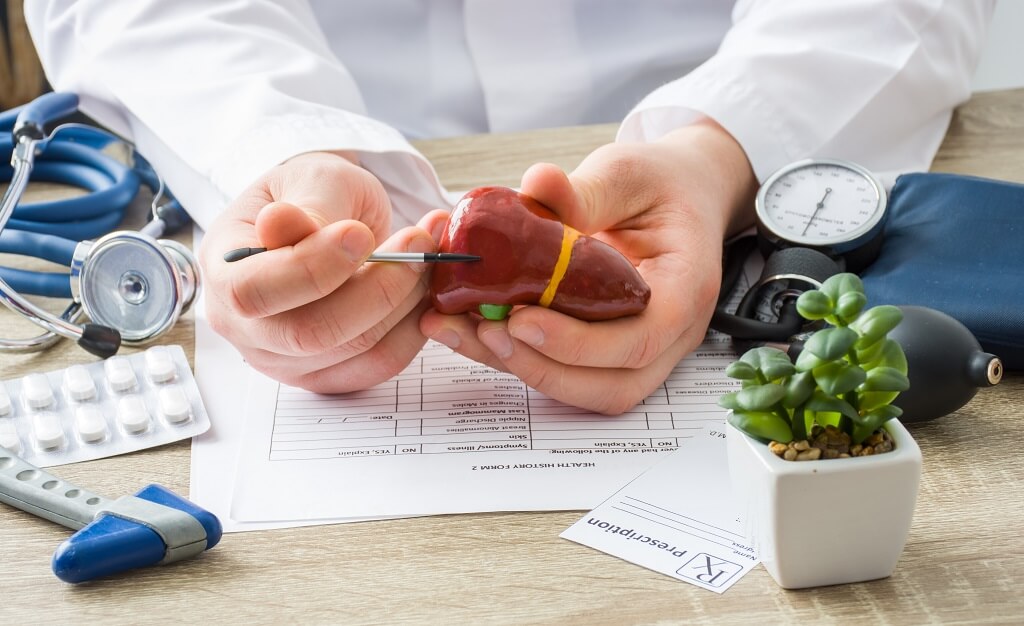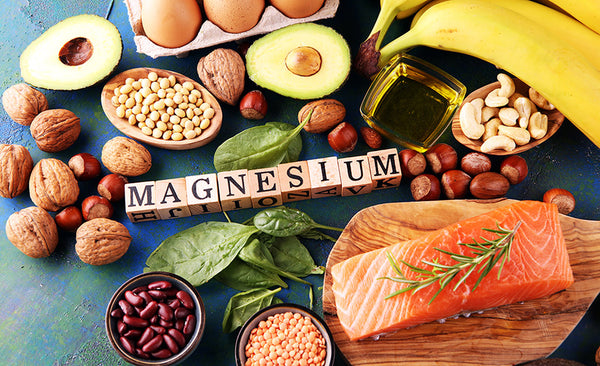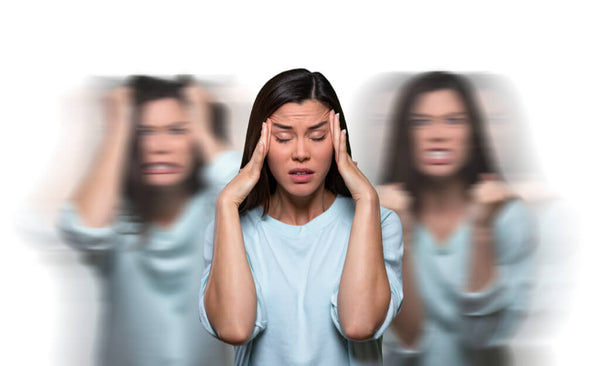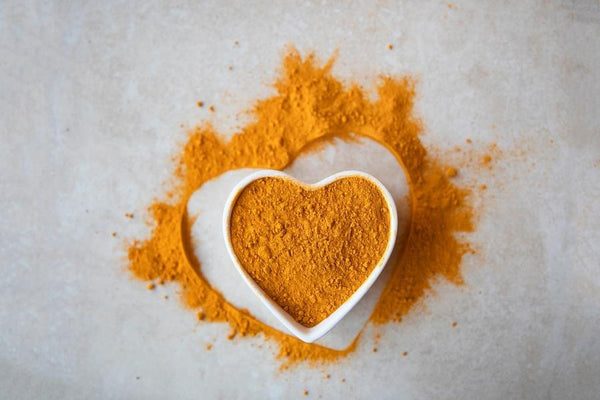What You Weren't Told After Your Cholecystectomy
What is a cholecystectomy?
A cholecystectomy is a surgical procedure to remove the gallbladder, usually due to gallstones causing pain or infection. Although gallbladder removal is quite a common and routine surgery, we must bear in mind that it’s still the removal of an organ that stores bile, a fluid that helps digest fatty foods. In effect, a cholecystectomy takes away part of your digestive process. This, in turn, affects your body's metabolic and digestive functions and it’s not something most doctors give you enough advice on.
How a cholecystectomy can affect your health
Research suggests that people who've had their gallbladders removed are at a higher risk of developing conditions like metabolic syndrome, type 2 diabetes, heart disease and fatty liver. Studies on animals have also indicated an elevation in triglycerides in those which underwent cholecystectomy.
Without the gallbladder’s regulating and storing function, bile is instead consistently secreted into the small intestine at a slow and steady rate. This means the bile being released may not be sufficient for the particular meal you're consuming, or it may be too diluted.
This change in digestive function can also lead to the inadequate absorption of essential fatty acids and fat-soluble nutrients such as vitamins A, D, E, and K, resulting in nutrient deficiency. Ironically, some individuals who’ve had a cholecystectomy believe they’ll no longer have issues with their gallbladder, so they begin eating high-fat and high-calorie foods they were unable to eat before.
This shift in diet and eating habits can cause the faulty release of bile and lead to changes in bowel motions, diarrhoea, constipation and weight issues. When fat is not properly broken down and absorbed, it binds with calcium and iron from our food and prevents these minerals from entering the blood where we need them. This leads to the accumulation of hard matter which causes constipation.

13 ways to support your health after a cholecystectomy
- Sprinkle 1 tbsp of non-GM organic lecithin onto any meal with fat to help with emulsification before it hits your intestines. Why? Because our bile naturally contains lecithin!
- Skip all refined fats and opt only for small amounts of healthy fats like omega 3 (seeds, oily fish, avocado), medium-chain fatty acids (found in coconut oil), free-range eggs, nuts and seeds, cold-pressed oils, grass-fed butter and ghee.
- When having fats, make sure quantities are small and spread over the course of the day. (e.g. 1 tbsp oil, a small handful of nuts, and ⅓ of an avocado.
- Activate your nuts. Do this by soaking them in coloured salt and filtered water to aid digestion and enhance their nutritional value.
- Consume bitter foods like cacao, rocket, radicchio, dandelion greens, eggplant, chicory, cauliflower, endive, broccoli, grapefruit, lemon, lime, ginger, beets, artichokes and brussels sprouts daily. These foods stimulate the liver to produce bile and your gut cells to produce enzymes which help in the breakdown of your meals.
- Indulge in fibre! Whole grains and legumes are easy and excellent at binding to bad fats and cholesterol, dragging them out of your body via the bowel.
- Add potassium-rich foods to your diet. Great options include avocado, leafy greens, tomato, sweet potato and bananas.
- Skip non-fermented dairy, refined sugar, starchy foods and any foods you’re intolerant to. Each of these is either associated with inflammation and weight gain or with triggering a gallstone attack.
- Supplement with turmeric. It has anti-inflammatory properties that help reduce gallbladder swelling and improve bile flow.
- Go mostly for plant-based foods and choose proteins like tempeh or legumes over heavy meats. Remember that a vegetarian diet is associated with decreased risk of gall bladder issues.
- Stop the yo-yo dieting and stick to the dietary guidelines provided in our Happy Shape page. These guidelines focus on establishing balance – which means you should aim for all food groups in moderation – and provide you with valuable education for a lifetime of health.
- Take digestive enzymes (bile salts, ox bile, lipase, gentian) with you when dining out and overindulgence is expected.
- Drink Dandelion root tea. This root is well-known to support liver function and can regulate the use of bile. The best part here is that our Happy Hormone products contain a therapeutic dose of standardized Dandelion already!























